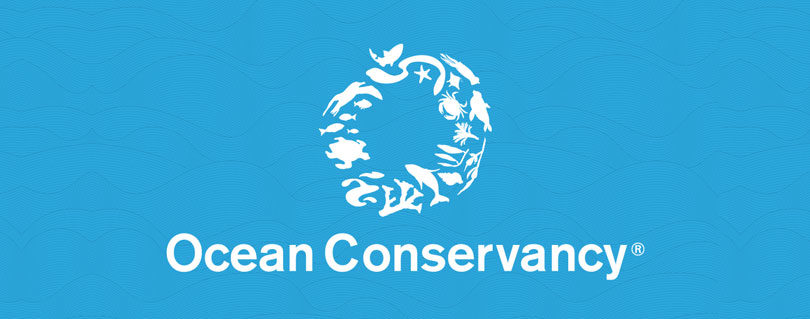Seeking Creative Solutions to Ocean Acidification
Published by Ocean Conservancy
“About 10 years ago, I read that we’ve altered the fundamental chemistry of the ocean by making it more acidic. Shellfish have calcium in their shells and acid dissolves calcium. You could see the writing on the wall with some species and that was very, very scary, that realization.” Paul Williams, the Shellfish Management Policy Advisor for the Suquamish Tribe, has been tracking the impact of ocean acidification for years. Despite these alarming red flags, Paul says this realization did not discourage him and he continues to seek ways to mitigate the impacts of changing ocean chemistry. Ocean acidification represents an urgent concern to the Suquamish Tribe, because harvesting shellfish is a traditional practice of tribal members, a key source of income and a way for them to stay connected to their culture.
Scientists report that the Puget Sound and Washington’s coast are acidifying faster than the global average. Local species like Dungeness crab, pteropods and krill are vulnerable to ocean acidification, but scientists are still learning about the impacts, making it difficult to manage for future conditions. ”It’s hard to pinpoint how ocean acidification is impacting specific species. But it doesn’t mean it’s not happening…The ecosystem is so complex. We don’t understand it very well and there’s limited alternatives for addressing ocean acidification in ecosystems, but we need to keep looking for them,” Paul says.
One way the Suquamish Tribe is taking action on ocean acidification is by participating in the International Alliance to Combat Ocean Acidification (OA Alliance). As a member of the OA Alliance, governments commit to creating OA Action Plans—regional strategies for combating ocean acidification. OA Action Plans are a way to memorialize the incredible work happening in coastal communities around the world and provide a way for members to collaborate and capitalize on their efforts.
In his own everyday work, Paul has been focusing on the role environmental education plays in fighting ocean acidification and other changing environmental conditions. “We need to get environmental education into the regular classrooms, into social studies, into math, into every subject because the environment is all around us. You can’t get away from it, you know, it is where we live, it lets us live.”
Why does Paul believe environmental education is so important for furthering mitigation? “Human behaviors are just about the only thing we can control. We can’t control the ocean or the climate, but we can try to change human behaviors and schools are a great place to teach people how they can help rather than harm the environment.”
The Suquamish Tribe hosts a collection of free, K-12 ocean acidification specific resources for educators. The collection features useful databases and fun lesson plans with interactive labs and activities. Instead of searching through broad materials, teachers can use the collection as a starting point for finding ocean acidification lessons and can even share their experiences and suggestions for strengthening the materials. Paul pointed out, “Students are the people that are going to be in charge in the future. That’s why the effort should go into environmental education—to prepare the coming generations for a future environment that’s changing.”
OA Alliance members participate in international climate conversations, online information exchanges and learn about strategies leaders are using to mitigate changing ocean conditions in their region. The education tools the Suquamish Tribe compiled are an invaluable resource for furthering the OA Alliance’s goal to expand public awareness and understanding of ocean acidification. Through the OA Alliance network we can continue to share creative strategies and best practices so ocean leaders can continue to strengthen the resiliency of their community and ecosystem.
Sign up for our emails!
The post Seeking Creative Solutions to Ocean Acidification appeared first on Ocean Conservancy.
Read the full article at: https://oceanconservancy.org/blog/2018/07/19/desperately-seeking-solutions-ocean-acidification/


